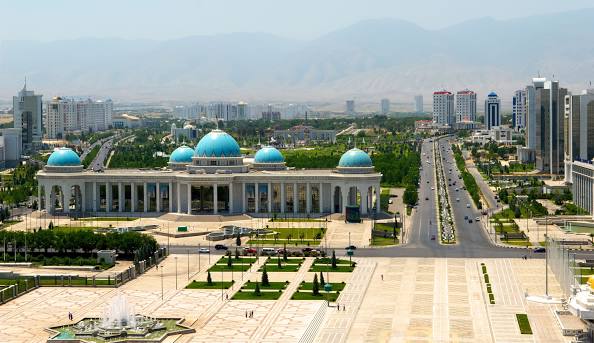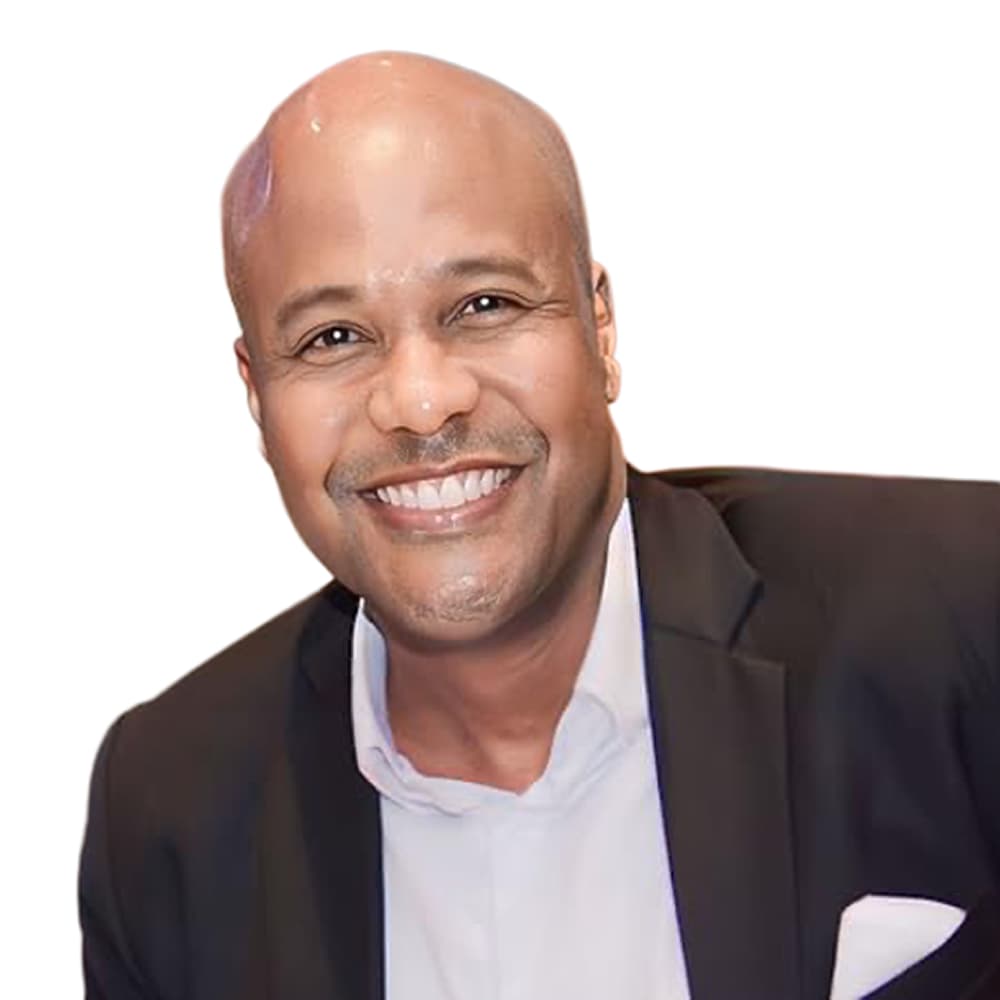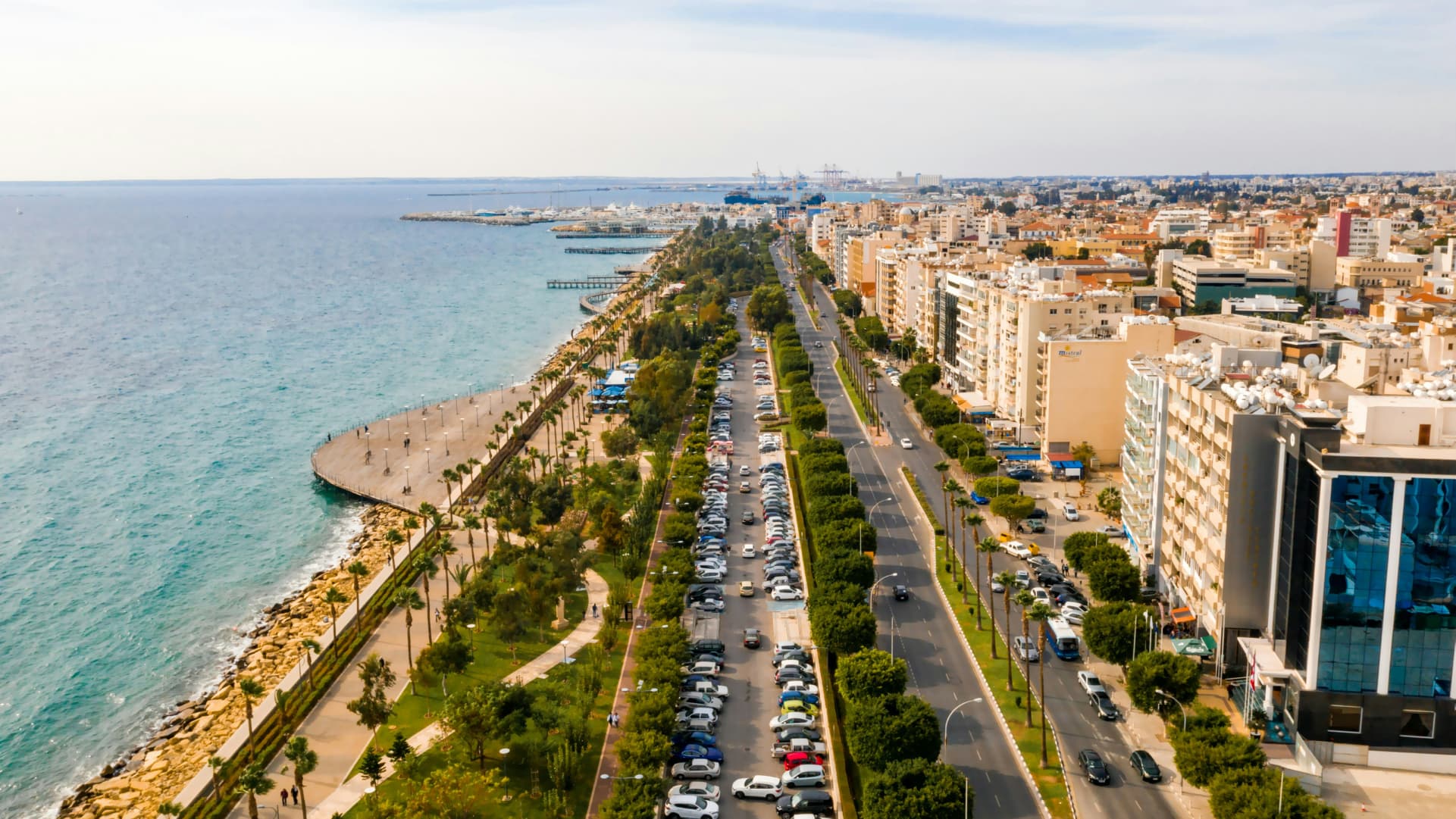“The conversation around wealth is shifting away from secrecy, toward strategy.”
“The conversation around wealth is shifting away from secrecy, toward strategy.”
“The conversation around wealth is shifting away from secrecy, toward strategy.”

Introduction
In Brazil and across Latin America, the conversation around wealth is shifting away from secrecy, toward strategy. For decades, discretion and offshore privacy were enough to protect family fortunes. In today’s world of global transparency and reform, the region’s high-net-worth individuals (HNWIs) are finding that sustainable wealth preservation demands something else: foresight, flexibility, and a willingness to evolve.
The Common Reporting Standard (CRS) and FATCA marked a turning point. Introduced in the mid-2010s, these frameworks made it virtually impossible to hide undeclared offshore holdings. In response, HNWIs began restructuring their financial lives - not just to remain compliant, but to future-proof their legacies. Reassessing tax residency has become a cornerstone of that process.
Yet, the adjustment hasn’t been smooth for everyone. Among Brazilian families, there are recurring blind spots: overlooking mandatory heirship rules, underestimating the impact of weak currency on new annual offshore taxation, and neglecting governance within family businesses. These gaps are particularly costly in an environment where the ground is shifting underfoot.
The Complex Path of Reform
Brazil’s tax environment has always been intricate, but recent and proposed reforms are adding new layers of complexity. A sweeping overhaul launched in 2024 is introducing a dual VAT system (CBS and IBS), with rates that could become the highest in the world. The transition will take seven years, suggesting a prolonged period of uncertainty and adjustment.
In parallel, proposals to tax dividends and increase levies on fixed-income investments are moving through Congress. If passed, they would come into effect by 2026, adding new pressure on private clients already navigating the fallout of annual offshore taxation. The combination of these changes is forcing families to rethink long-term strategies and explore mitigation options now, before the rules harden.
Going Global, With Caution
The appetite for international diversification is growing. Brazilian investors are increasingly allocating capital offshore, not just for returns, but as a buffer against domestic volatility. While certain investment funds offer protection from local tax hikes, a tailored approach remains essential. Families are turning to legal structures that suit their unique risk profiles and estate goals.
This shift isn’t limited to asset allocation. Countries like Uruguay and Paraguay are gaining attention both as investment destinations and as options for alternative residency. Each jurisdiction carries its own set of advantages and trade-offs, and the decision often hinges on personal values as much as tax efficiency.
Succession in a New Era
Succession planning is also evolving. For domestic assets, families are formalizing ownership through holding companies, backed by robust shareholder agreements. This governance layer ensures smoother intergenerational transfers and better internal alignment. Offshore assets, in contrast, offer greater flexibility because they are exempt from Brazilian estate laws, though they still require thoughtful structuring.
Political instability and macroeconomic uncertainty continue to play a catalytic role. Whether driven by fears of capital controls or the threat of wealth taxation, families are acting with greater urgency. There is a strong emphasis on locking in favorable regimes, hedging against currency depreciation, and building resilience through geographic diversification.
New Tools And Mindsets
If yInstruments like offshore trusts and life insurance are gaining ground. Trusts provide control and clarity in estate planning. Life insurance, while less obvious at first glance, is becoming a favored tool for tax optimization. Foundations, however, remain underused, likely due to the absence of compelling tax incentives in the Brazilian context.
Cross-border families, particularly those with ties to Europe or the U.S., face a different set of challenges and opportunities. While local reporting obligations can be burdensome, these families are often better positioned to take advantage of global benefits, including favorable estate structures and residency shifts. Generational dynamics play a key role here; younger family members are typically more mobile, allowing for more agile planning.
What Next-Gen Leaders Need to Know
For Brazil’s rising generation of wealth holders, the mandate is clear. The top priority is staying attuned to shifting paradigms without losing sight of enduring principles. What worked in the past may no longer suffice, but time-tested wisdom still has value.
The second is diversification: geographic, strategic, and ideological. Relying too heavily on any single country, especially one with fiscal strain, is no longer viable.
Finally, families must prioritize continuity, not just in structure, but in culture. Preparing heirs to lead, contribute, and carry the family vision forward is just as critical as any tax planning mechanism.

About the Author
Victor Sarfatis Metta is a tax attorney with Rosenthal e Sarfatis Metta Advogados in São Paulo, Brazil. For over 20 years, he has advised families and businesses in navigating the ever-changing legal challenges of Brazil with an out-of-the-box mindset.
Introduction
In Brazil and across Latin America, the conversation around wealth is shifting away from secrecy, toward strategy. For decades, discretion and offshore privacy were enough to protect family fortunes. In today’s world of global transparency and reform, the region’s high-net-worth individuals (HNWIs) are finding that sustainable wealth preservation demands something else: foresight, flexibility, and a willingness to evolve.
The Common Reporting Standard (CRS) and FATCA marked a turning point. Introduced in the mid-2010s, these frameworks made it virtually impossible to hide undeclared offshore holdings. In response, HNWIs began restructuring their financial lives - not just to remain compliant, but to future-proof their legacies. Reassessing tax residency has become a cornerstone of that process.
Yet, the adjustment hasn’t been smooth for everyone. Among Brazilian families, there are recurring blind spots: overlooking mandatory heirship rules, underestimating the impact of weak currency on new annual offshore taxation, and neglecting governance within family businesses. These gaps are particularly costly in an environment where the ground is shifting underfoot.
The Complex Path of Reform
Brazil’s tax environment has always been intricate, but recent and proposed reforms are adding new layers of complexity. A sweeping overhaul launched in 2024 is introducing a dual VAT system (CBS and IBS), with rates that could become the highest in the world. The transition will take seven years, suggesting a prolonged period of uncertainty and adjustment.
In parallel, proposals to tax dividends and increase levies on fixed-income investments are moving through Congress. If passed, they would come into effect by 2026, adding new pressure on private clients already navigating the fallout of annual offshore taxation. The combination of these changes is forcing families to rethink long-term strategies and explore mitigation options now, before the rules harden.
Going Global, With Caution
The appetite for international diversification is growing. Brazilian investors are increasingly allocating capital offshore, not just for returns, but as a buffer against domestic volatility. While certain investment funds offer protection from local tax hikes, a tailored approach remains essential. Families are turning to legal structures that suit their unique risk profiles and estate goals.
This shift isn’t limited to asset allocation. Countries like Uruguay and Paraguay are gaining attention both as investment destinations and as options for alternative residency. Each jurisdiction carries its own set of advantages and trade-offs, and the decision often hinges on personal values as much as tax efficiency.
Succession in a New Era
Succession planning is also evolving. For domestic assets, families are formalizing ownership through holding companies, backed by robust shareholder agreements. This governance layer ensures smoother intergenerational transfers and better internal alignment. Offshore assets, in contrast, offer greater flexibility because they are exempt from Brazilian estate laws, though they still require thoughtful structuring.
Political instability and macroeconomic uncertainty continue to play a catalytic role. Whether driven by fears of capital controls or the threat of wealth taxation, families are acting with greater urgency. There is a strong emphasis on locking in favorable regimes, hedging against currency depreciation, and building resilience through geographic diversification.
New Tools And Mindsets
If yInstruments like offshore trusts and life insurance are gaining ground. Trusts provide control and clarity in estate planning. Life insurance, while less obvious at first glance, is becoming a favored tool for tax optimization. Foundations, however, remain underused, likely due to the absence of compelling tax incentives in the Brazilian context.
Cross-border families, particularly those with ties to Europe or the U.S., face a different set of challenges and opportunities. While local reporting obligations can be burdensome, these families are often better positioned to take advantage of global benefits, including favorable estate structures and residency shifts. Generational dynamics play a key role here; younger family members are typically more mobile, allowing for more agile planning.
What Next-Gen Leaders Need to Know
For Brazil’s rising generation of wealth holders, the mandate is clear. The top priority is staying attuned to shifting paradigms without losing sight of enduring principles. What worked in the past may no longer suffice, but time-tested wisdom still has value.
The second is diversification: geographic, strategic, and ideological. Relying too heavily on any single country, especially one with fiscal strain, is no longer viable.
Finally, families must prioritize continuity, not just in structure, but in culture. Preparing heirs to lead, contribute, and carry the family vision forward is just as critical as any tax planning mechanism.

About the Author
Victor Sarfatis Metta is a tax attorney with Rosenthal e Sarfatis Metta Advogados in São Paulo, Brazil. For over 20 years, he has advised families and businesses in navigating the ever-changing legal challenges of Brazil with an out-of-the-box mindset.
Introduction
In Brazil and across Latin America, the conversation around wealth is shifting away from secrecy, toward strategy. For decades, discretion and offshore privacy were enough to protect family fortunes. In today’s world of global transparency and reform, the region’s high-net-worth individuals (HNWIs) are finding that sustainable wealth preservation demands something else: foresight, flexibility, and a willingness to evolve.
The Common Reporting Standard (CRS) and FATCA marked a turning point. Introduced in the mid-2010s, these frameworks made it virtually impossible to hide undeclared offshore holdings. In response, HNWIs began restructuring their financial lives - not just to remain compliant, but to future-proof their legacies. Reassessing tax residency has become a cornerstone of that process.
Yet, the adjustment hasn’t been smooth for everyone. Among Brazilian families, there are recurring blind spots: overlooking mandatory heirship rules, underestimating the impact of weak currency on new annual offshore taxation, and neglecting governance within family businesses. These gaps are particularly costly in an environment where the ground is shifting underfoot.
The Complex Path of Reform
Brazil’s tax environment has always been intricate, but recent and proposed reforms are adding new layers of complexity. A sweeping overhaul launched in 2024 is introducing a dual VAT system (CBS and IBS), with rates that could become the highest in the world. The transition will take seven years, suggesting a prolonged period of uncertainty and adjustment.
In parallel, proposals to tax dividends and increase levies on fixed-income investments are moving through Congress. If passed, they would come into effect by 2026, adding new pressure on private clients already navigating the fallout of annual offshore taxation. The combination of these changes is forcing families to rethink long-term strategies and explore mitigation options now, before the rules harden.
Going Global, With Caution
The appetite for international diversification is growing. Brazilian investors are increasingly allocating capital offshore, not just for returns, but as a buffer against domestic volatility. While certain investment funds offer protection from local tax hikes, a tailored approach remains essential. Families are turning to legal structures that suit their unique risk profiles and estate goals.
This shift isn’t limited to asset allocation. Countries like Uruguay and Paraguay are gaining attention both as investment destinations and as options for alternative residency. Each jurisdiction carries its own set of advantages and trade-offs, and the decision often hinges on personal values as much as tax efficiency.
Succession in a New Era
Succession planning is also evolving. For domestic assets, families are formalizing ownership through holding companies, backed by robust shareholder agreements. This governance layer ensures smoother intergenerational transfers and better internal alignment. Offshore assets, in contrast, offer greater flexibility because they are exempt from Brazilian estate laws, though they still require thoughtful structuring.
Political instability and macroeconomic uncertainty continue to play a catalytic role. Whether driven by fears of capital controls or the threat of wealth taxation, families are acting with greater urgency. There is a strong emphasis on locking in favorable regimes, hedging against currency depreciation, and building resilience through geographic diversification.
New Tools And Mindsets
If yInstruments like offshore trusts and life insurance are gaining ground. Trusts provide control and clarity in estate planning. Life insurance, while less obvious at first glance, is becoming a favored tool for tax optimization. Foundations, however, remain underused, likely due to the absence of compelling tax incentives in the Brazilian context.
Cross-border families, particularly those with ties to Europe or the U.S., face a different set of challenges and opportunities. While local reporting obligations can be burdensome, these families are often better positioned to take advantage of global benefits, including favorable estate structures and residency shifts. Generational dynamics play a key role here; younger family members are typically more mobile, allowing for more agile planning.
What Next-Gen Leaders Need to Know
For Brazil’s rising generation of wealth holders, the mandate is clear. The top priority is staying attuned to shifting paradigms without losing sight of enduring principles. What worked in the past may no longer suffice, but time-tested wisdom still has value.
The second is diversification: geographic, strategic, and ideological. Relying too heavily on any single country, especially one with fiscal strain, is no longer viable.
Finally, families must prioritize continuity, not just in structure, but in culture. Preparing heirs to lead, contribute, and carry the family vision forward is just as critical as any tax planning mechanism.

About the Author
Victor Sarfatis Metta is a tax attorney with Rosenthal e Sarfatis Metta Advogados in São Paulo, Brazil. For over 20 years, he has advised families and businesses in navigating the ever-changing legal challenges of Brazil with an out-of-the-box mindset.

Contributors












Articles